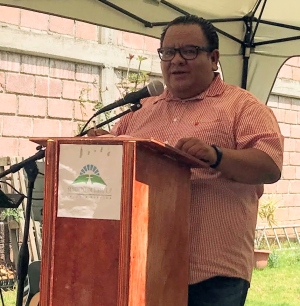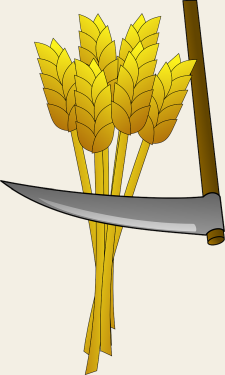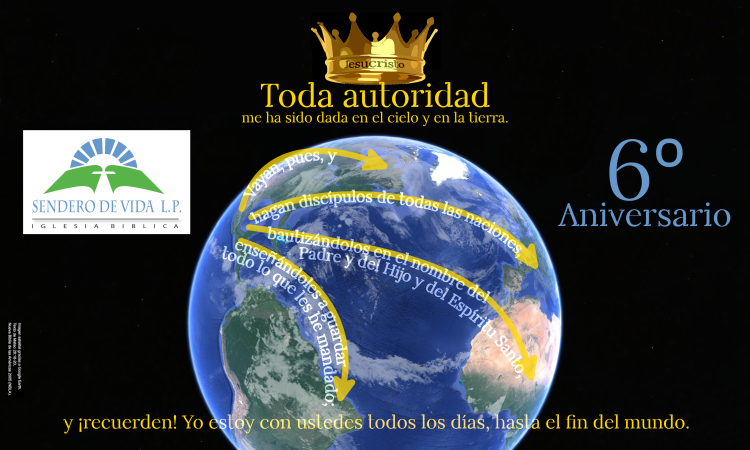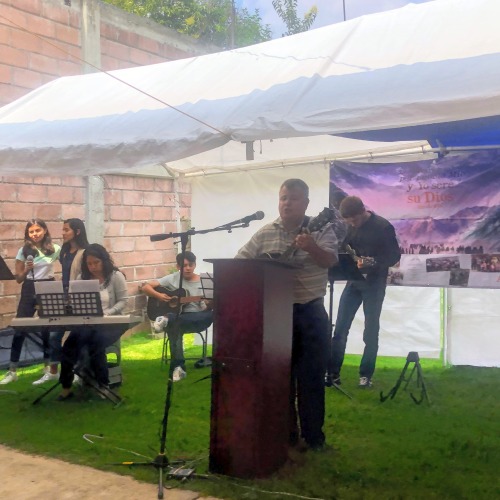Partiality in the Church
We’re continuing our Biblical Anthropology series with the topic of partiality, which is really part 2 of the justice topic.

And now we’re going to a fairly familiar passage in the New Testament, from the book of James. Some challenging words from the half-brother of our Lord.
My brothers, show no partiality as you hold the faith in our Lord Jesus Christ, the Lord of glory.
James 2:1
Sorry – this isn’t “someone else’s problem”. It’s a problem in our own hearts, and even in the local church. I can’t judge your heart, and you can’t judge mine, but I can ask God to search my heart for the sin of partiality.
For if a man wearing a gold ring and fine clothing comes into your assembly, and a poor man in shabby clothing also comes in, and if you pay attention to the one who wears the fine clothing and say, “You sit here in a good place,” while you say to the poor man, “You stand over there,” or, “Sit down at my feet,” have you not then made distinctions among yourselves and become judges with evil thoughts?
James 2:2-4
Imagine – that rich and powerful and well-known person from your town or city comes to your church! Wow. Praise the Lord! Just think of the testimony that that person could have. Think about the resources that they could use for the kingdom. Everyone wants to shake their hand. Welcome them. Fine.
Oh, but someone from the street just wandered in. They’re sitting way in the back. Actually, I think they’ve been drinking, and I’m not talking about Coca-Cola. We should be careful. It’s a good thing that they’re not up here sitting with the rest of us.
Now, of course, there are valid questions of security, especially with someone we don’t know, who’s showing signs that they may not be in full control of themselves. But which person has more value? Imago Dei. Which person can God use for His own glory? Both!
That prostitute who has spent many years on the street, addicted to drugs for the past few years, but now redeemed by God – that person will be more incredible, more beautiful, more pure in eternity than the movie star who rejected God. Imagine – every person that you see – if they were redeemed by Christ and glorified – if you could see them as they will be – you would probably be tempted to bow and worship them! And still, we are tempted to show partiality. And it might just be because we want something from that person. Ouch.
If you really fulfill the royal law according to the Scripture, “You shall love your neighbor as yourself,” you are doing well. But if you show partiality, you are committing sin and are convicted by the law as transgressors.
James 2:8-9
The world wants to cause divisions in the church. Let’s not help them.
The world wants us to first think about our nationalities, the colour of our skin, our lifestyle, our political preferences, and the world wants to divide us into little groups. Oppressed, oppressor. Without hope and without forgiveness.
Christ wants to unite us. Here in the church, we need to learn to be honest, to be just. To be the family of God. And this next text that we’ll go to is really the remedy for partiality, something that the world needs to learn.
Do not lie to one another, seeing that you have put off the old self with its practices and have put on the new self, which is being renewed in knowledge after the image of its creator. Here there is not Greek and Jew, circumcised and uncircumcised, barbarian, Scythian, slave, free; but Christ is all, and in all. Put on then, as God’s chosen ones, holy and beloved, compassionate hearts, kindness, humility, meekness, and patience, bearing with one another and, if one has a complaint against another, forgiving each other; as the Lord has forgiven you, so you also must forgive. And above all these put on love, which binds everything together in perfect harmony. And let the peace of Christ rule in your hearts, to which indeed you were called in one body. And be thankful.
Colossians 3:9-15
We are one body – the Body of Christ. Slaves and owners, Jew and Gentile. Paul doesn’t take the time to explain who are oppressed, and why the oppressor should put more in the offering plate.
Something very interesting in this text is the mention of the Scythians. Who were they? The Scythians were from an ancient nation, we could say a tribe or a race. They lived to the north of Israel, and in Paul’s day they were known as ferocious, cruel warriors.
In fact, we have some evidence that they had been in direct conflict with Israel, even fighting against Jerusalem itself.
So there’s history here. Wicked warriors, oppressors, a history of oppression. And then here we have the Jews – the oppressed. This is the perfect opportunity for Paul to say, “Listen, we’re going to have a special service for the Scythians, and another for the Jews. We’ll keep them separate for now, so that the Jews have time to heal from this history of generational oppression. And because of their privilege, the Scythians will donate extra to the Jewish congregation.”
But that’s not where Paul goes here. Why? Because as Christians, we’re new people. We have been clothed with our new selves, in Christ. And “Christ is all, and in all”. In fact, we must be “forgiving each other; as the Lord has forgiven you, so you also must forgive”.
And so when Christians get together from different countries or backgrounds, they are one in the Spirit. In one sense, they may have a closer bond with people who do not even speak their language than with the unbeliever who lives next door.
The answer is not social justice. It’s the gospel of Jesus Christ. Real forgiveness, mercy, and love.
So how should we respond to all of this? What should we actually do? Next time we’ll go through a few ideas.








